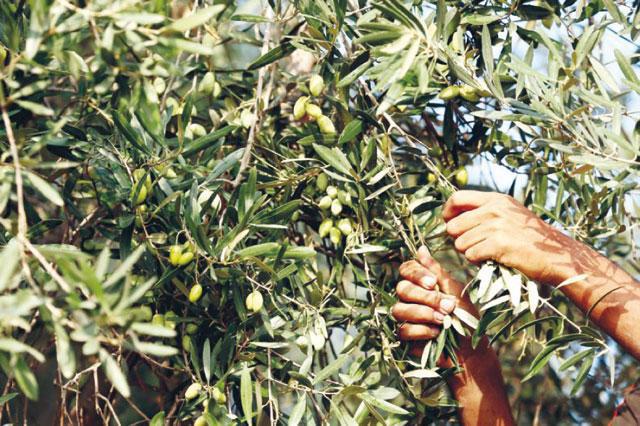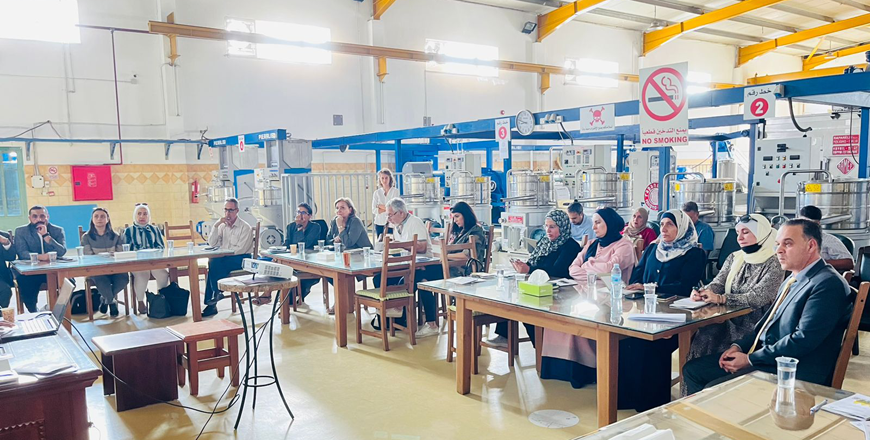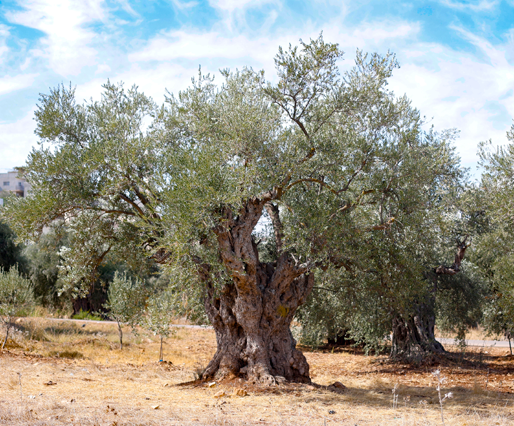You are here
FAO study explores ways to develop oil mills for Jordan’s 20m olive trees
By JT - Aug 11,2021 - Last updated at Aug 11,2021

Jordan is among the top 10 olive producing countries in the world, with more than 20 million trees across the Kingdom that cover 130,000 hectares of the country’s total area, according to the Food and Agriculture Organisation of the United Nations (File photo)
AMMAN — The Food and Agriculture Organisation of the United Nations (FAO) on Wednesday held a workshop, in cooperation with the Ministry of Agriculture, to discuss the results of the study “The Status of Olive Mills in Jordan”.
The study will contribute to identifying the necessary steps to develop olive mills, according to a FAO statement.
In June of last year, the Agriculture Ministry submitted a request to FAO to carry out a study of classifying olive mills to improve the quality and production of olive oil in Jordan and to set a system for classifying the mills, the statement said.
The study also aimed to determine appropriate recommendations to improve the mills’ efficiency, so they can extract high quality olive oil and take advantage of opportunities to export Jordanian oil to international markets.
Agriculture Minister Khaled Hneifat said: “The challenges for the advancement of the olive sector are great,” adding that the ministry’s efforts will “not be sufficient” without the incorporation of the private sector into the FAO’s work.
FAO Representative Nabil Assaf said that in the past “the reality of olive mills has not been studied fully and in detail and therefore some mills still use traditional methods for olive oil extraction, which affects the quality and efficiency”. Assaf added: “Not all olive mills are classified according to the international classification standards. Therefore, they are unable to export the oil to the wider international market.”
He stated that having a classification system “will help owners enhance their business and ensure the production of high quality olive oil”.
Jordan is among the top 10 olive producing countries in the world, with more than 20 million trees across the Kingdom that cover 130,000 hectares of the country’s total area, according to the statement.
About 78 per cent of olive trees are grown in rain fed areas where the average rainfall is more than 300 mm. The rest of trees are grown using irrigation methods.
Perennial olives have relatively low water consumption compared with other tree crops. The olive tree is one of the most important trees planted in Jordan, covering about 72 per cent of the total area planted with fruit trees and 36 per cent of the total cultivated area, according to the statement.
Related Articles
AMMAN — The Kingdom's olive oil production is expected to range between 23,000 and 24,000 tonnes this season, according to olive oil produce
AMMAN — The Food and Agriculture Organisation of the United Nations (FAO) and the European Bank for Reconstruction and Development (EB
AMMAN — The impact of climate change on temperatures and precipitation patterns in Jordan has led to delays in the flowering and fruit













